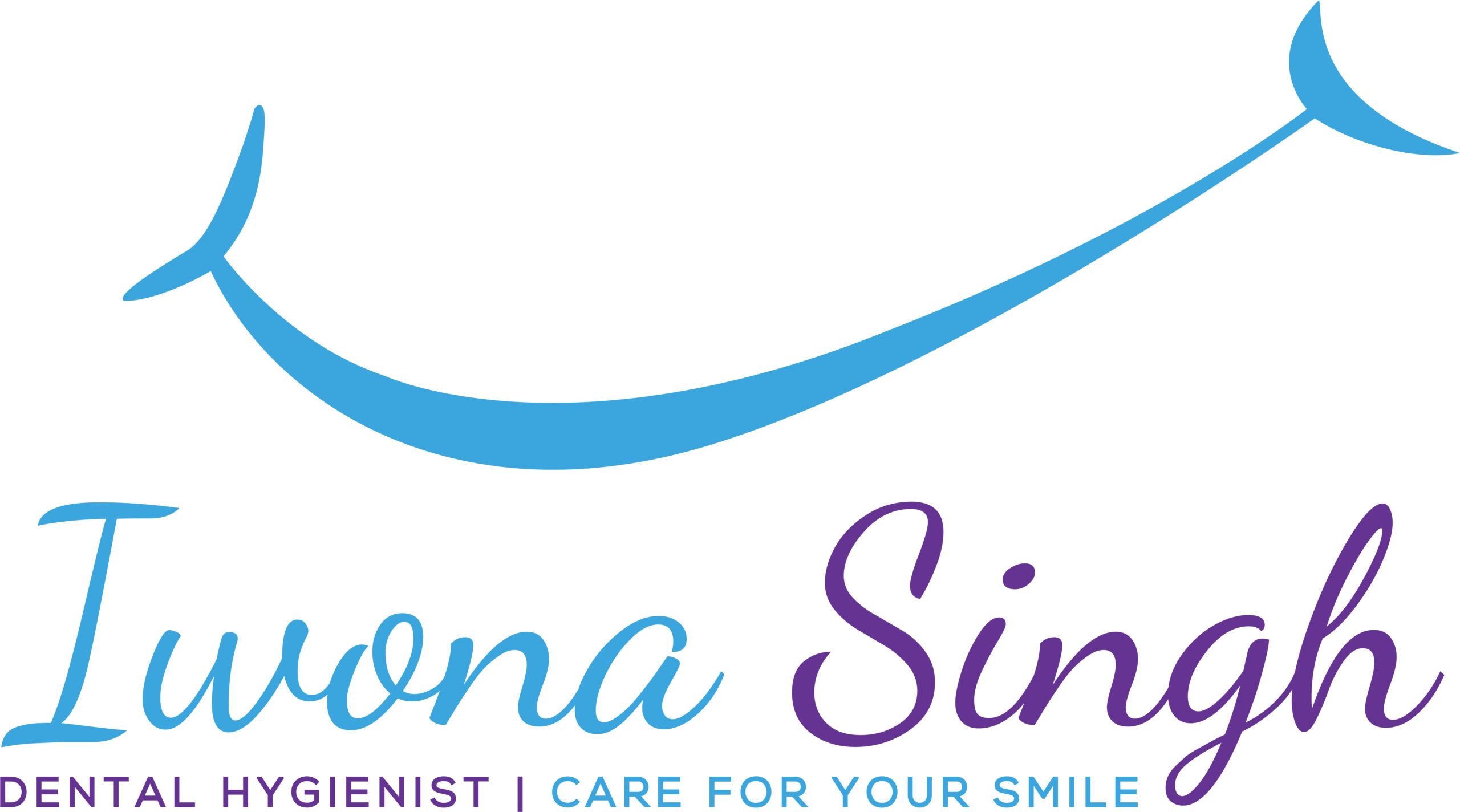Understanding the Menopause and Oral Health: The Untold Connection.
As women age, they experience a significant transition known as the menopause. Whilst much is discussed regarding its common symptoms like hot flushes and mood swings, there’s an area that often goes unnoticed: Oral Health.
Menopause brings with it a myriad of changes that extend beyond the commonly known hot flushes and hormonal shifts; it also marks a period where a woman’s oral health can face new challenges. The drop in oestrogen levels during this natural phase can notably diminish saliva production, leading to a condition known as xerostomia, or dry mouth, which can set the stage for a host of dental issues. Complications such as gingivitis, periodontal disease, and an increase in cavities can often be traced back to this decrease in protective saliva. Moreover, menopausal women may experience altered taste, sensitive gums, and a heightened risk of developing oral infections. Understanding these potential problems is essential for adapting dental care routines to support oral health during and after the transition into menopause.
The Role of Oestrogen in Oral Health:
Oestrogen plays a pivotal role in maintaining the health of the oral mucosa, the moist tissue lining the mouth. A decrease in oestrogen, which is a hallmark of the menopause, can lead to reduced saliva production from the salivary glands, leaving the mouth dry and vulnerable.
Why Saliva Is Important:
Saliva isn’t just for breaking down food. It’s a natural defence mechanism, maintaining the balance of healthy bacteria in your mouth and acting as a shield against infections. A lack of saliva can disrupt this delicate balance and increase the risk of dental problems.
The Symptoms of Menopausal Oral Health Changes:
Women in menopause may notice several symptoms affecting their oral health:
- Dry Mouth: Reduced saliva flow can make the mouth feel uncomfortably dry.
- Halitosis: Commonly known as bad breath, it can become more prominent due to decreased saliva.
- Burning Mouth Syndrome: A sensation that can be particularly uncomfortable, as if the mouth is on fire.
- Cracked Lips: A decrease in moisture can lead to sore and cracked lips.
- Mouth Sores: Sores or ulcers may appear more frequently during the menopause.
The Impact of Hormones on Oral Health:
Both oestrogen and progesterone have roles in the health of gum tissue. A lack of these hormones can lead to weakened defences against oral pathogens, potentially leading to gum disease.
How the Menopause Affects Dental Health:
The changes in oral health during the menopause can have a domino effect. Gum problems can lead to loose teeth or even tooth loss, and the discomfort can affect one’s diet and nutrition.
Strategies for Managing Dry Mouth:
Managing dry mouth is essential for maintaining oral health during the menopause. Here are some practical tips:
- Increase Fluid Intake: Keeping hydrated by sipping on water throughout the day can alleviate dryness.
- Sugar-Free Sweets: These can stimulate saliva production without the risk of cavities.
- Ice Cubes: Sucking on ice can slowly hydrate the mouth and provide relief.
- Dry Mouth Products: Items like Mucosamin mouthwash or BioXtra can be beneficial.
Choosing the Right Oral Hygiene Products
When facing oral health issues during the menopause, selecting products that cater to a dry mouth is crucial. Look for items specifically designed for this condition, such as toothpaste and mouthwash that contain moisturising agents.
The Role of Diet in Oral Health During the Menopause:
Diet plays a critical role in managing oral health. Foods high in calcium and vitamin D are essential for maintaining healthy teeth and bones, which is especially important during the menopause.
Regular Dental Check-Ups Are Vital:
Regular visits to the dentist can help in early detection and management of menopause-related oral health issues. Dental professionals can provide targeted advice and treatments to manage symptoms effectively.
The Psychological Impact of Oral Health Changes:
Oral health issues can also take a toll on mental health. Discomfort and changes in appearance can affect self-esteem, making it essential to address these issues promptly and with empathy.
Conclusion: Navigating the Menopause with a Smile
The menopause can be a challenging time, particularly when it comes to maintaining oral health. However, with the right knowledge and care, these challenges can be managed effectively. Staying vigilant about oral hygiene, regular dental check-ups, and adapting lifestyle changes to combat dry mouth can make a significant difference.
Remember, while the menopause is a natural part of ageing, it doesn’t have to dampen your smile. By taking proactive steps, you can maintain a healthy and vibrant smile throughout the menopause and beyond.
In summary, whilst the menopause signifies a change, it doesn’t have to be the end of robust oral health. Through understanding and proper care, women can continue to shine with confidence and a full, healthy smile.
Get In Touch With Iwona
If you have a question about this article, or you simply wish more information about dental hygiene, then please do click to get in touch.
Newsletter
I’m not a big fan of marketing emails flooding my inbox and therefore my approach will completely different. Please subscribe to my Newsletter and I promise to only share informative and relative content three or four times a year.
Follow Me
Where To Find Me
Meadow Walk Dental Practice
To book an appointment with me, simply get in touch and our friendly, professional team will look after you and answer any questions you may have.
Tel: 01280 812701
Email: reception@meadowwalk.co.uk
Monday: 9am - 5pm, Tuesday: 9am - 5pm, Friday: 8am - 5pm
Visit Our Website - Click Here
Beyond Dental MK
To book an appointment with me, simply get in touch and our friendly, professional team will look after you and answer any questions you may have.
Tel: 01908 771170
Email: info@claydondentalmk.co.uk
Wednesday: 8am - 8pm
For practice opening times, please visit our website Click Here

